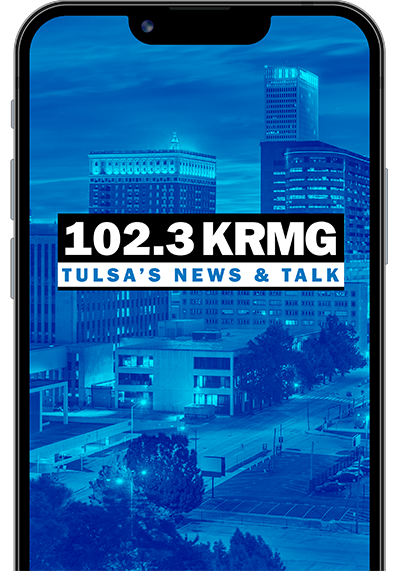A major Oklahoma case will be heard Wednesday before the U.S. Supreme Court, and it can potentially redefine the separation of church and state, not just here, but nationwide.
On Wednesday, eight justices will hear arguments over the creation of the nation’s first religious charter school using taxpayer dollars, St. Isidore of Seville Online Catholic Charter School.
“The reality is clear, our students need more options. We have to protect religious freedoms in the State of Oklahoma,” State Supt. Ryan Walters said.
What started out as a plan to give Catholic families in rural Oklahoma more educational options without them being charged tuition is now headed to the highest court in the land and could reshape the U.S. forever.
“I appear today as the state’s chief law enforcement officer to defend the separation of church and state, which a state-created and state-funded charter school would all but eradicate,” Oklahoma Attorney General Gentner Drummond said.
Drummond’s win at the Oklahoma State Supreme Court will be studied by the U.S. Supreme Court to see if the creation of St. Isidore of Seville Online Catholic Charter School violates the First Amendment by respecting an establishment of religion or if not allowing the school also violates the First Amendment by not letting Catholic families freely educate their children in accordance with their religious beliefs.
“With all due respect to this court, the first provision of the Oklahoma Constitution, Article 1, Section 1, makes the U.S. Constitution the supreme law of the land,” Alliance Defending Freedom Attorney Phillip Sechler said.
Since last summer’s State Supreme Court ruling, the school has been on hold.
Right now, in the eyes of the law, charter schools are public schools and must be open to everyone.
St. Isidore’s founders say it is open to everyone who wants to receive a state-funded Catholic education that includes mandatory Mass attendance.
“That’s the difficulty with this lawsuit. It’s really throwing a wrench in the system in the launch of a school and the educational services we intend to provide for the kids who need it,” said Brett Farley, Catholic Conference of Oklahoma.
If a majority of the court rules Oklahoma is discriminating against Catholic families by not letting them establish St. Isidore, it would not only allow for the nation’s first religious charter school using taxpayer funds to be established, but it would open the door to Muslim, Jewish and other faiths to also access money for their own schools.
“To unlock more school options, I’m always going to be supportive of that,” Oklahoma Gov. Kevin Stitt said.
Justice Amy Coney Barrett recused herself from hearing the St. Isidore case on Wednesday.
Before she was appointed to the High Court, Barrett taught at Notre Dame University’s Law School.
That is the same law school that has been assisting the Catholic Church’s legal arguments before the Oklahoma State Supreme Court and now the U.S. Supreme Court.
Barrett did not want her personal ties to put the case in jeopardy.
This does create the scenario of a 4-4 tie that would be a default, keeping St. Isidore illegal.
Though he argued the case before the State Supreme Court, Drummond will not be arguing before the U.S. Supreme Court on Wednesday.
Drummond hired Gregory Garre, a partner in the D.C. Office of Latham and Watkins LLP and former colleague and mentee of U.S. Supreme Court Chief Justice John Roberts.
He is expected to cater his arguments toward Roberts who he knows best.
With there needing to be at least a 4-4 split to stop the school, Roberts could be a key vote in the case.
Religious groups have been on a winning streak in recent years at the U.S. Supreme Court and some are wondering if there will be a four-peat in this case.
Here are the three cases that paved the way for Wednesday:
The first ruling came in 2017 in the Trinity Lutheran case. The court ruled a state cannot deny a grant to a religious organization solely because of its religious status when the grant is part of a generally available, secular program.
Then in 2020 for the Espinoza case and in 2022 with the Carson case, families given state money to attend private schools have a right to choose religious options.
The Supreme Court will have to grapple with the fact that Oklahoma has for a while had a clause in its State Constitution making a school like St. Isidore illegal.
Section 5, Article 2 of the State Constitution says that public funds, a.k.a. taxpayer dollars, cannot be used for sectarian or religious purposes.
Back in 2016, we all voted on State Question 790, which would have done away with that, but instead, Oklahoma voters by 57% said the clause should stay in the State Constitution.
State lawmakers in recent years have chipped away at this and have also had to tweak it because of those three Supreme Court rulings listed above.






